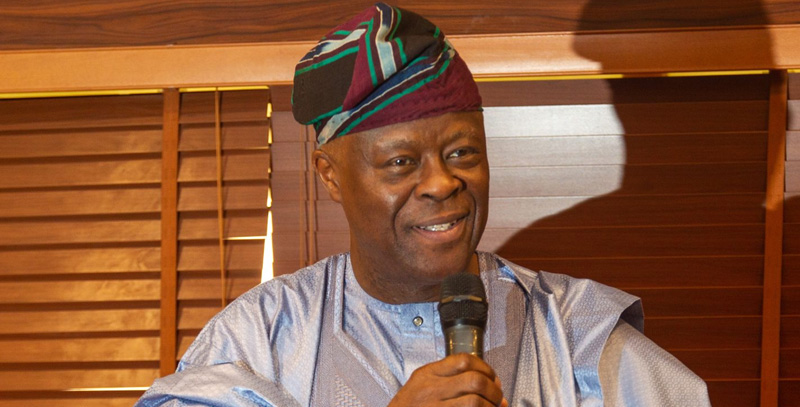*Domestic gas sale rose 8.70% m-o-m in June
*Output represents considerable improvement over 2024 production
Emmanuel Addeh in Abuja
Nigeria recorded a total gas production of about 1.372 trillion Standard Cubic Feet (SCF) between January and June 2025, a considerable rise compared to the previous year, according to new data released by Nigerian Upstream Petroleum Regulatory Commission (NUPRC).
The upstream regulator’s data highlighted both improvements in utilisation and lingering challenges with flaring across the country’s oil and gas fields.
The total output comprised 729.1 billion SCF from Associated Gas (AG) and 643.3 billion SCF from Non-Associated Gas (NAG). Of this volume, 1.260 trillion SCF was successfully utilised, representing a utilisation rate of 91.6 per cent over the six-month period under consideration.
Gas utilisation was channelled into three major streams: field operations, domestic supply, and export. Field use accounted for 408.28 billion SCF, while 370.66 billion SCF was delivered for domestic consumption.
Besides, exports totalled 481.07 billion SCF, highlighting Nigeria’s continued reliance on foreign gas markets, particularly through Liquefied Natural Gas (LNG) and pipeline contracts.
However, despite efforts to curb emissions, the country still flared 101.42 billion SCF of gas during the period under review, translating to a flare rate of 7.39 per cent. January recorded the highest flare volume at 18.71 billion SCF, while February had the lowest at 15.85 billion SCF.
The months of January, May and March saw the highest levels of gas production at over 236 billion SCF, 240.1 billion SCF and 236.96 billion SCF, respectively, while February posted the lowest at 199.68 billion SCF.
In terms of gas shrinkage, often due to pipeline losses or metering inaccuracies, the report captured a cumulative loss of 11.25 billion SCF for the half-year. This figure, while relatively small compared to total output, remained a key area of regulatory attention.
NUPRC stated that the figures for April to June remained “provisional” and might be subject to adjustment after quarterly data reconciliation exercises.
The gas production trends for 2025 so far underscored Nigeria’s gradual improvement in gas monetisation and reduced flaring, even as challenges in infrastructure, metering, and domestic uptake persist.
With global energy transition pressures mounting, the country’s ability to manage its vast natural gas resources more sustainably will be crucial for both environmental commitments and economic diversification.
Meanwhile, further data for June, covering the Gas Production Status, released by NUPRC showed that Nigeria’s total gas production for the month stood at 236.9 billion SCF, a 17.36 per cent year-on-year increase from 201.9 billion SCF recorded in June 2024.
Associated Gas, which is natural gas produced alongside crude oil, accounted for 121.billion SCF, representing a five per cent Y-o-Y increase from 114. 939 billion SCF in June 2024.
But Non-Associated Gas, usually produced from gas fields independent of crude oil, came in at 116 billion SCF, significantly up from 86.9 billion SCF in the corresponding period of 2024.
However, on a month-on-month basis, total gas production in June 2025 declined by 1.32 per cent, from the 240.1 billion SCF recorded in May 2025.
In the same vein, in June 2025, domestic gas sales rose by 17.56 per cent Y-o-Y to 62.2 billion SCF, up from 52.97 billion SCF in June 2024.
Besides, export gas sales recorded strong growth, increasing by 18.90 Y-o-Y to 88 billion SCF after experiencing two consecutive monthly declines of 2.34 per cent in April and 10.61 per cent in May 2025, while domestic gas sales rebounded in June, registering an 8.70 per cent M-o-M rise.
The post Nigeria Produced 1.37 Trillion SCF of Gas in H1, Flared 101 Billion SCF appeared first on THISDAYLIVE.






